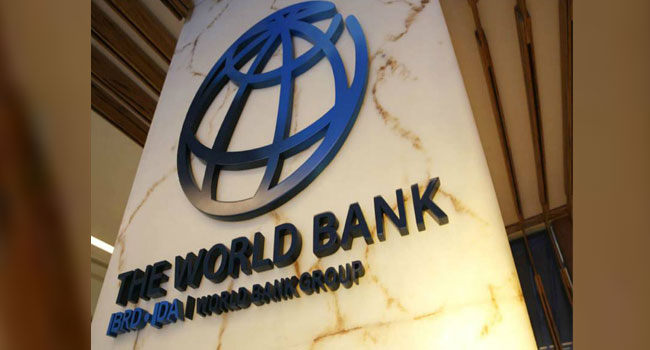Our Terms & Conditions | Our Privacy Policy
World Bank supports Nigeria’s rainwater farming
Nigeria’s government, in partnership with the World Bank, is intensifying efforts to combat food insecurity and land degradation through an ambitious expansion of rainwater harvesting under the Agro-Climatic Resilience in Semi-Arid Landscapes programme.
Environment Minister Balarabe Abbas Lawal, at a recent high-level retreat in Lagos, outlined plans to leverage rainwater harvesting to transform Nigeria’s agricultural landscape, particularly in the 19 northern states and the Federal Capital Territory, where desertification and erratic rainfall threaten livelihoods.
“By capturing floodwater, we can support all-season farming, reduce dependence on rain-fed agriculture, and restore degraded forests,” Lawal said, speaking on the sidelines of the ACReSAL Project-Wide Retreat.
The $500m World Bank-funded ACReSAL initiative, launched in 2021, has already reclaimed 200,000 hectares of degraded land, nearly a fifth of its million-hectare target, boosting crop yields and community resilience.
World Bank’s ACReSAL task team leader, Joy Agene, described the project’s first two years as “highly satisfactory”, citing innovations like the Halfmoon regenerative agriculture model in Adamawa and flood mitigation measures in Katsina and Kaduna.
The programme aligns with President Bola Tinubu’s Renewed Hope Agenda, which prioritises agricultural transformation to drive economic growth.
The Minister of State for Agriculture and Food Security, Sabi Abdullahi, said ACReSAL was “laying the foundation for a climate-resilient Nigeria” by equipping communities with sustainable farming techniques and strengthening food systems across the north.
Analysts see the focus on rainwater harvesting as a pragmatic response to Nigeria’s dual challenges of flooding and drought, which have disrupted agricultural output in a country where farming accounts for roughly a quarter of GDP.
The ACReSAL project, coordinated by the ministries of environment, agriculture, and water resources alongside 19 state governors, integrates dryland management, community resilience, and institutional reforms.
With over one million direct beneficiaries and plans to meet 60-70 per cent of its land restoration goal by 2026, the initiative signals Nigeria’s push to marry environmental sustainability with economic development.
However, challenges remain, including the need for stronger inter-ministerial coordination and sustained funding to scale up infrastructure for rainwater capture.
“The ambition is bold, but execution will hinge on governance and stakeholder alignment,” Agene noted, underscoring the retreat’s focus on enhancing collaboration.
The World Bank’s backing reflects growing global attention on climate-smart agriculture in Africa, where food insecurity affects millions. As Nigeria confronts rising food inflation, ACReSAL’s success could offer a blueprint for other semi-arid regions.
Images are for reference only.Images and contents gathered automatic from google or 3rd party sources.All rights on the images and contents are with their legal original owners.



Comments are closed.